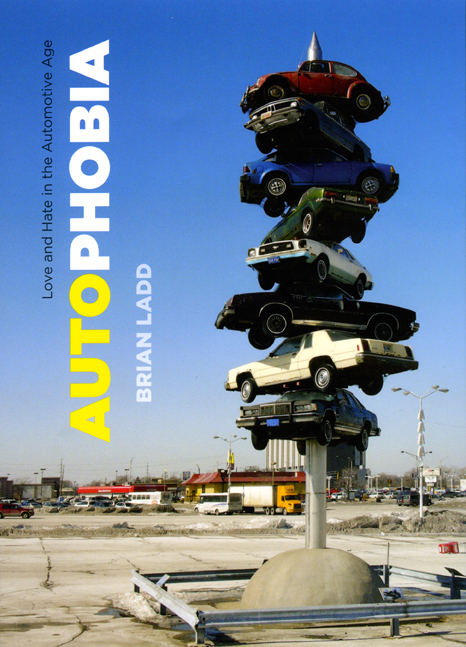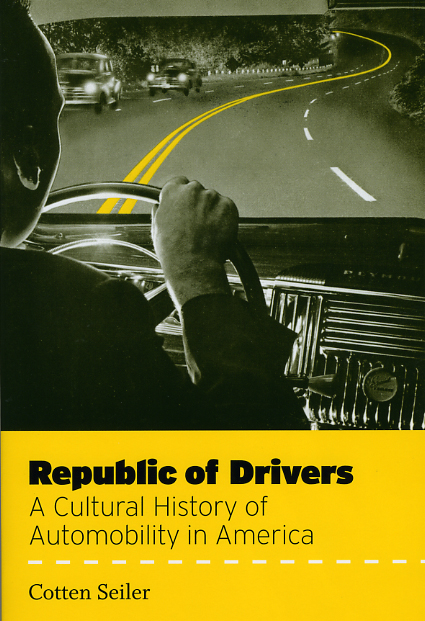The end of car culture?

A review of Brian Ladd’s Autophobia published in Friday’s Minneapolis-St. Paul Star Tribune begins by noting the relevance of the book’s topic to the nation’s current economic crisis—a crisis spearheaded by rapid changes to our auto-centric culture like “volatile gas prices, car-oriented subdivisions in foreclosure,” and “an auto industry in free fall.” But then, wasn’t it just yesterday that this very same car culture was the driving force behind one of the biggest economic booms in our nation’s history? As reviewer Jim Foti notes, Ladd’s book offers up ample evidence that since its invention, the automobile has played an integral role in America’s successes, as well as its failures, provoking heated debates over whether they are sources of good or evil—markers of progress, or signs of the apocalypse. And while many might argue for the latter considering our current state of affairs, Foti notes that “as Ladd points out, so far the car’s doomsayers have been wrong every time.”

On Saturday, Chicago Tribune cultural critic Julia Keller also reviewed Ladd’s book, along with another insightful critique of America’s automotive culture, Cotten Seiler’s Republic of Drivers: A Cultural History of Automobility in America. Praising both books, she takes special note of Republic of Drivers writing: “Seiler’s book is written with grace and authority and finely wrought insight. He points out how the language of driving and the language of capitalism both employ ‘tropes of motion:’ moving, hustling. Cars, he says, ‘are products of a highly specific conception of what it means to be modern and free.’ We may believe that we’re in the driver’s seat, that is, but in point of fact, cars took control of the cultural steering wheel before we even hit the city limits.”
For more insights on America’s car culture read an excerpt from Autophobia and listen to an audio interview with the author.